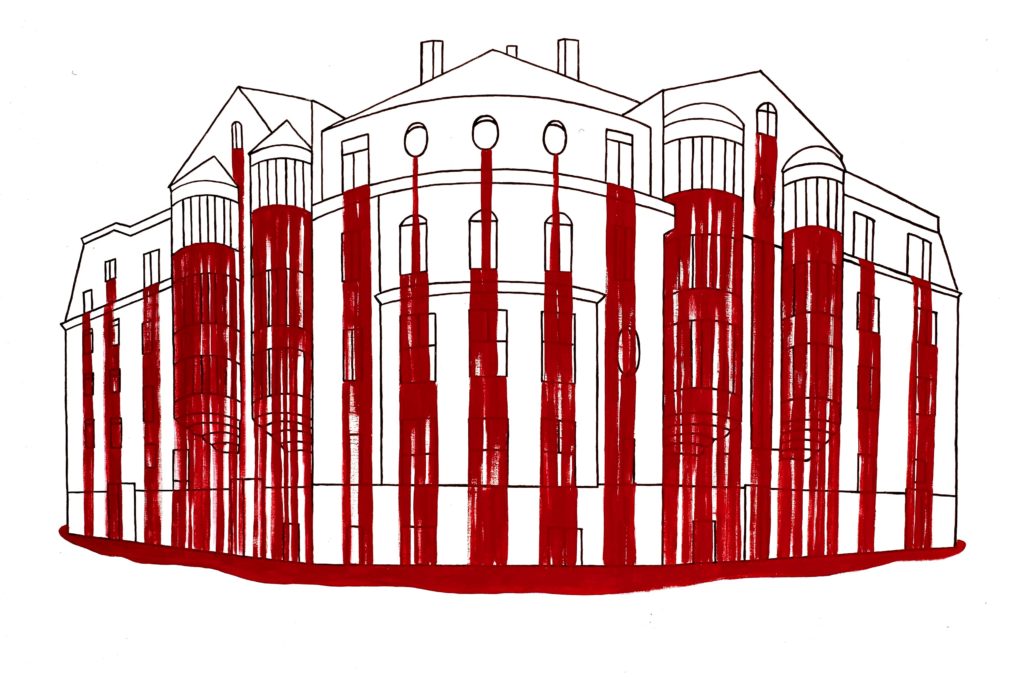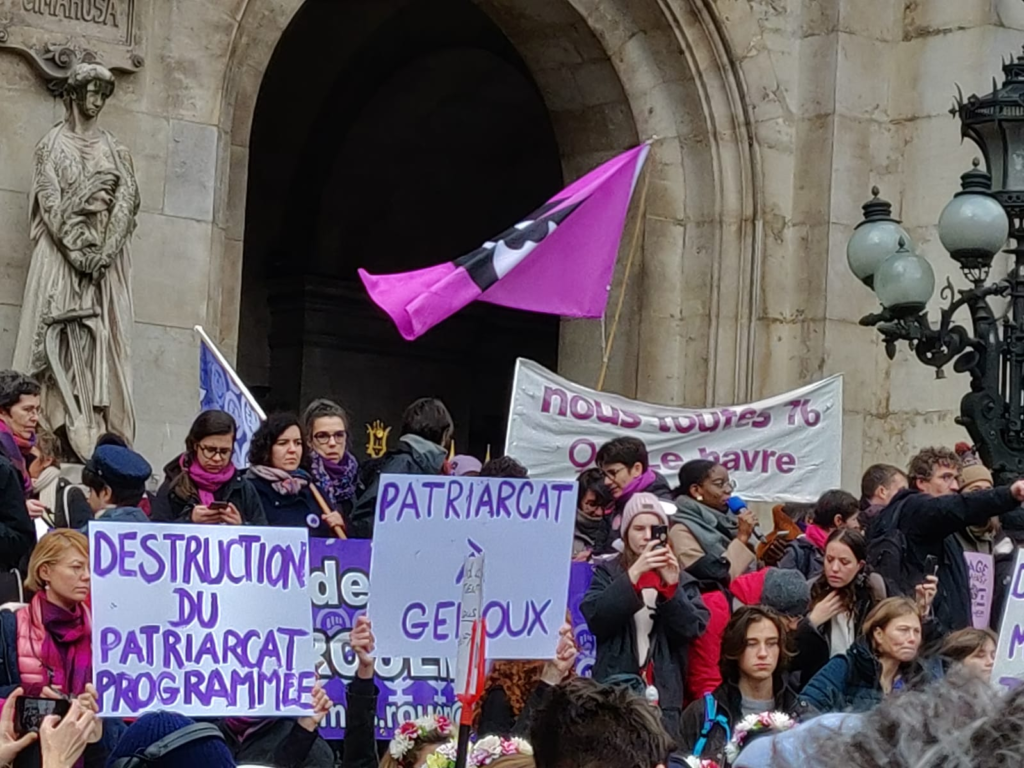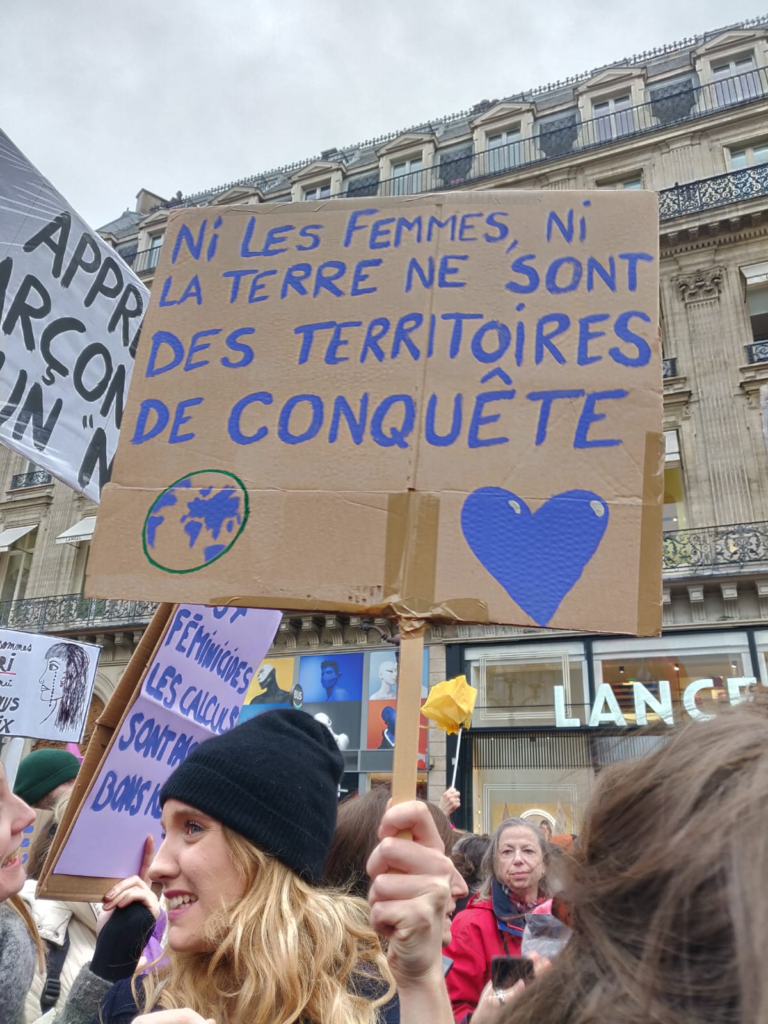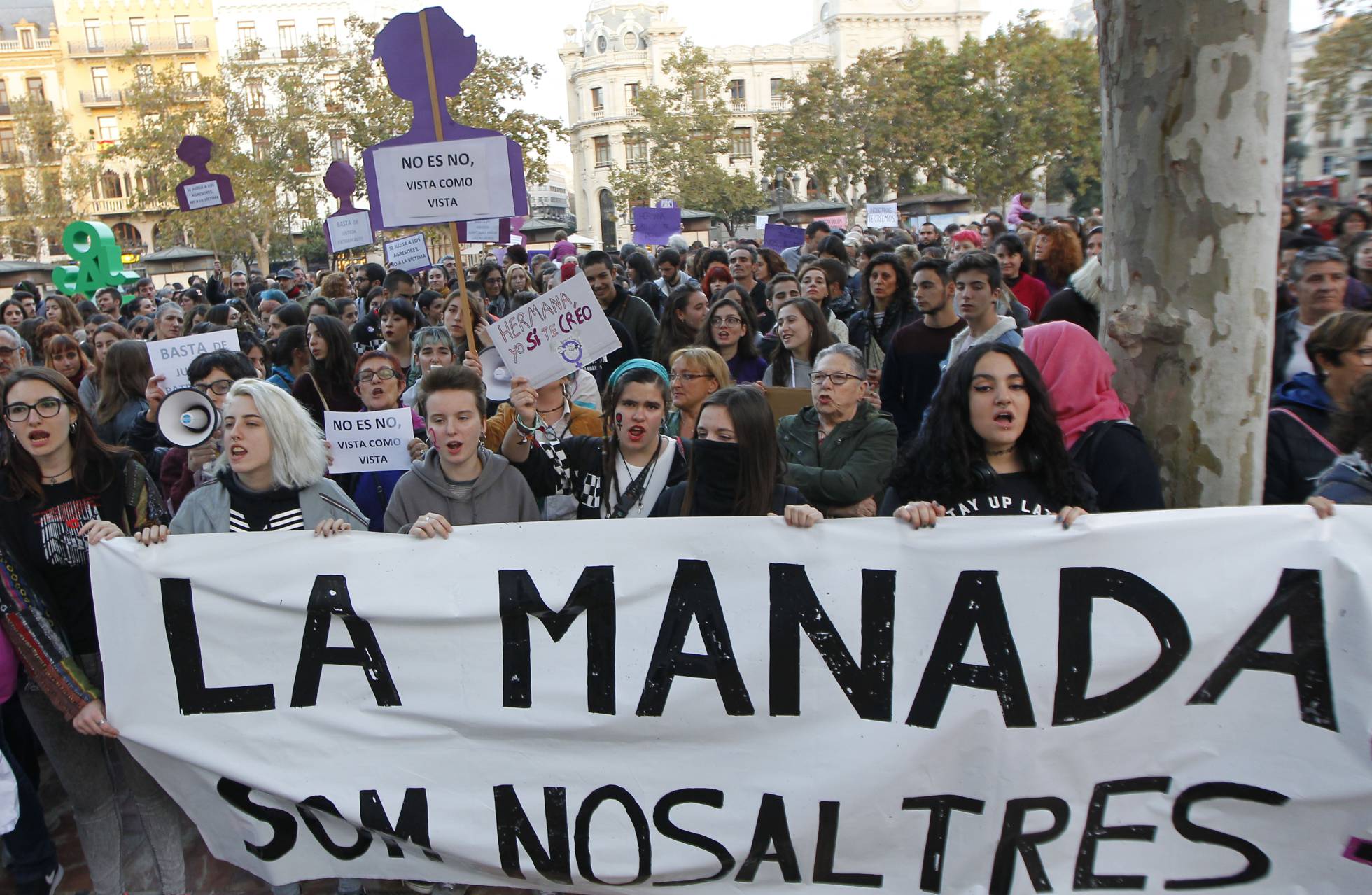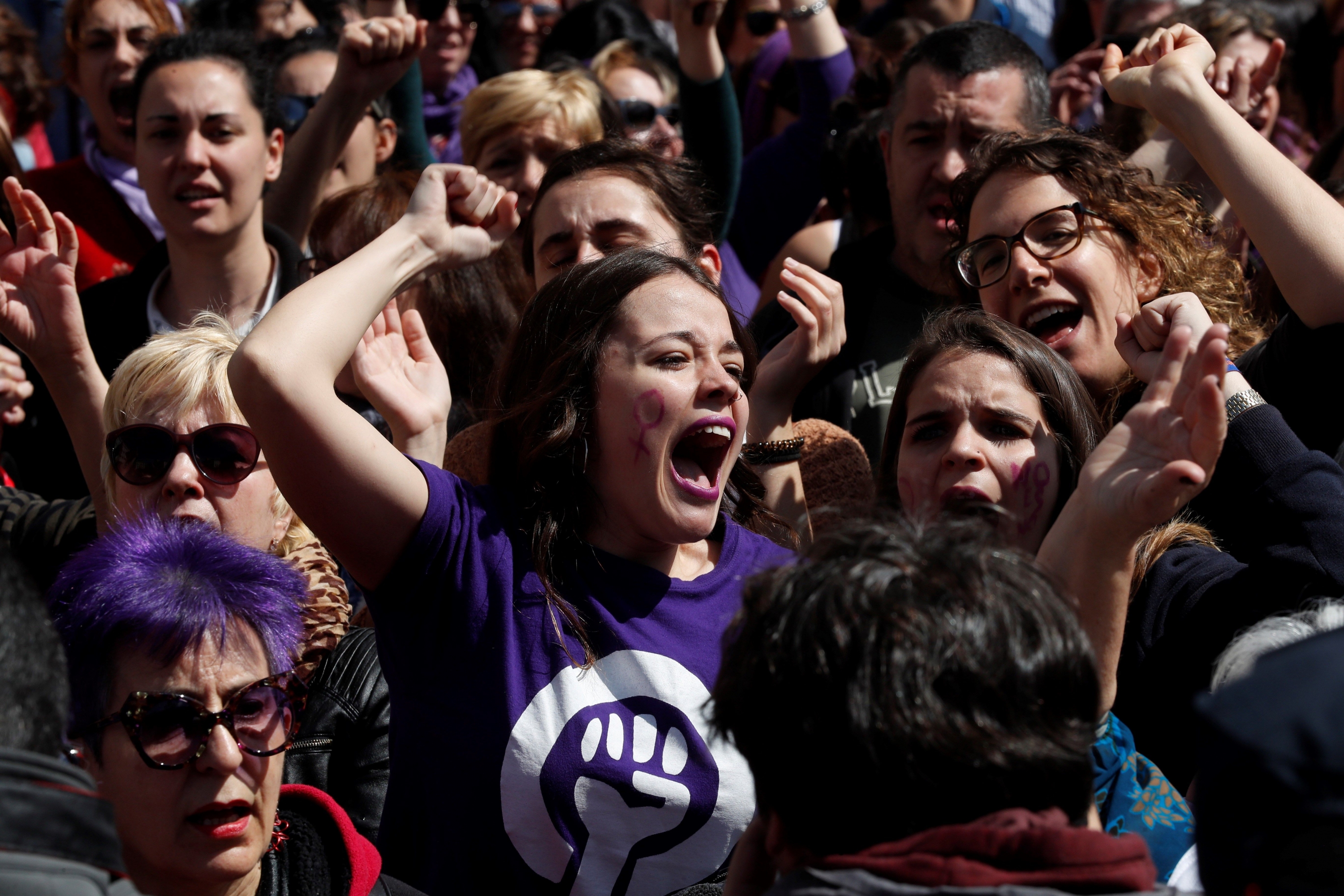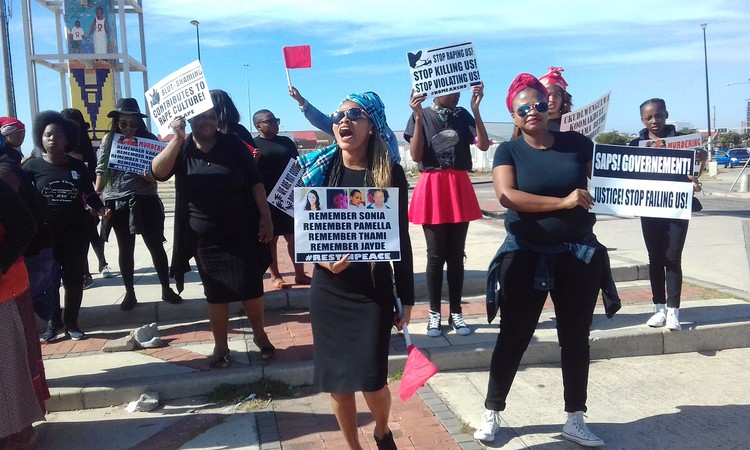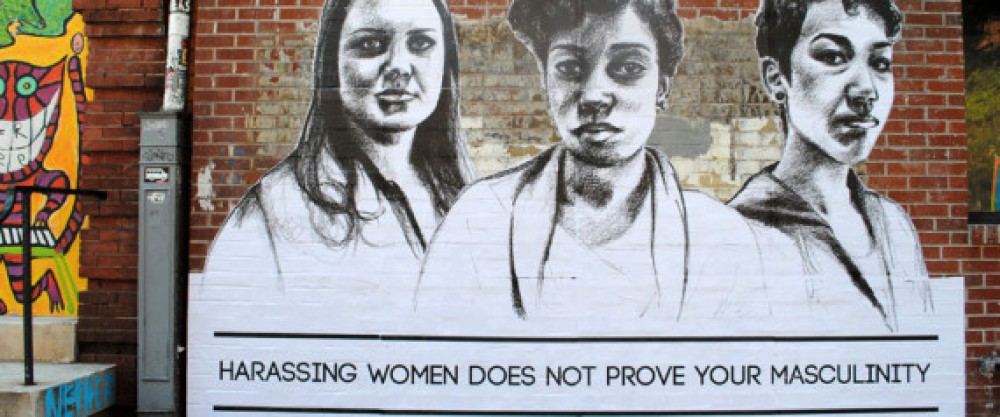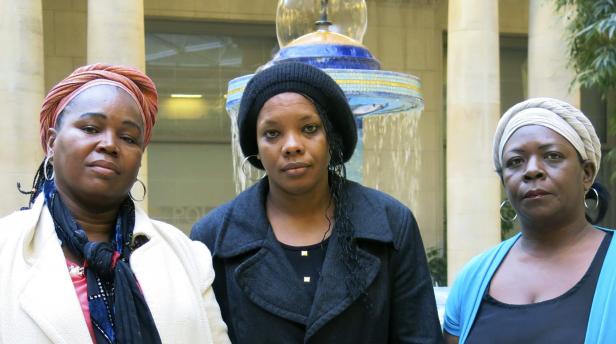
The Supreme Court’s decision to overturn Roe v. Wade has dominated the social and political landscape in the U.S. and across the world. In June, the UN voted to denounce the Court’s decision and when the Court released its ruling, Democratic politicians did not hesitate to reach out to their base through fundraising emails and texts. Additionally, many have expressed concerns about what this means regarding fundamental rights realized in the last 50 years. While these responses to the decision are important, it is time to also acknowledge the misogyny rampant in America.
Simply put, America hates women. The loss of the right to safe legal abortions threatens the right to life, liberty and the pursuit of happiness. Recent headlines about a ten-year old girl seeking an out-of state abortion for a pregnancy as a result of a rape is just one extreme but not unique example of the great dangers that many of us may face in the not so distant future. It is a gross story of forced reproduction and pregnancy without considering the physical and emotional toll a pregnancy may have on an adult let alone a ten-year old girl.
Additionally, people have been similarly forced into carrying pregnancy; being held unfairly and unjustly responsible for pregnancy outcomes. For example, Purvi Patel, an Indian-American woman, was imprisoned and convicted to 20 years in prison for her pregnancy loss. She was charged with felony child neglect and feticide – charges that value the humanity and life of the fetus over that of the individual carrying the pregnancy. These stories of loss, loss of autonomy and life, point to a devaluation and dehumanization that grounds the misogyny in America.
Outside of reproductive rights, perhaps another poignant example of misogyny could be viewed through the legal battle between Johnny Depp and Amber Heard. The issue was domestic violence, a reality many know all too well, but this serious concern was almost second to the social media reactions to the case. As the trial was publicly consumed and followed for six weeks, it became clear who was favored and who was not. In fact, Heard was met with mockery and vilification for sharing her story; it was as if the crime of defaming an apparently beloved actor (Depp) was more horrendous than the allegations of violence and abuse. Regardless of how one may feel about the case, it was objectively troubling to see the lack of empathy, to see how easily people mocked someone’s story of abuse.
In the land of the “free,” these stories demonstrate that “free” is only awarded to certain people. “Free” to live as we choose, “free” to speak your truth in the hopes of being heard are not realized by all. It is unclear where to move forward from here, but acknowledging this reality is the best first step.
(By Michelle Nguyen)
(Photo Credit: Christine Garlough / UW-Madison Libraries)

